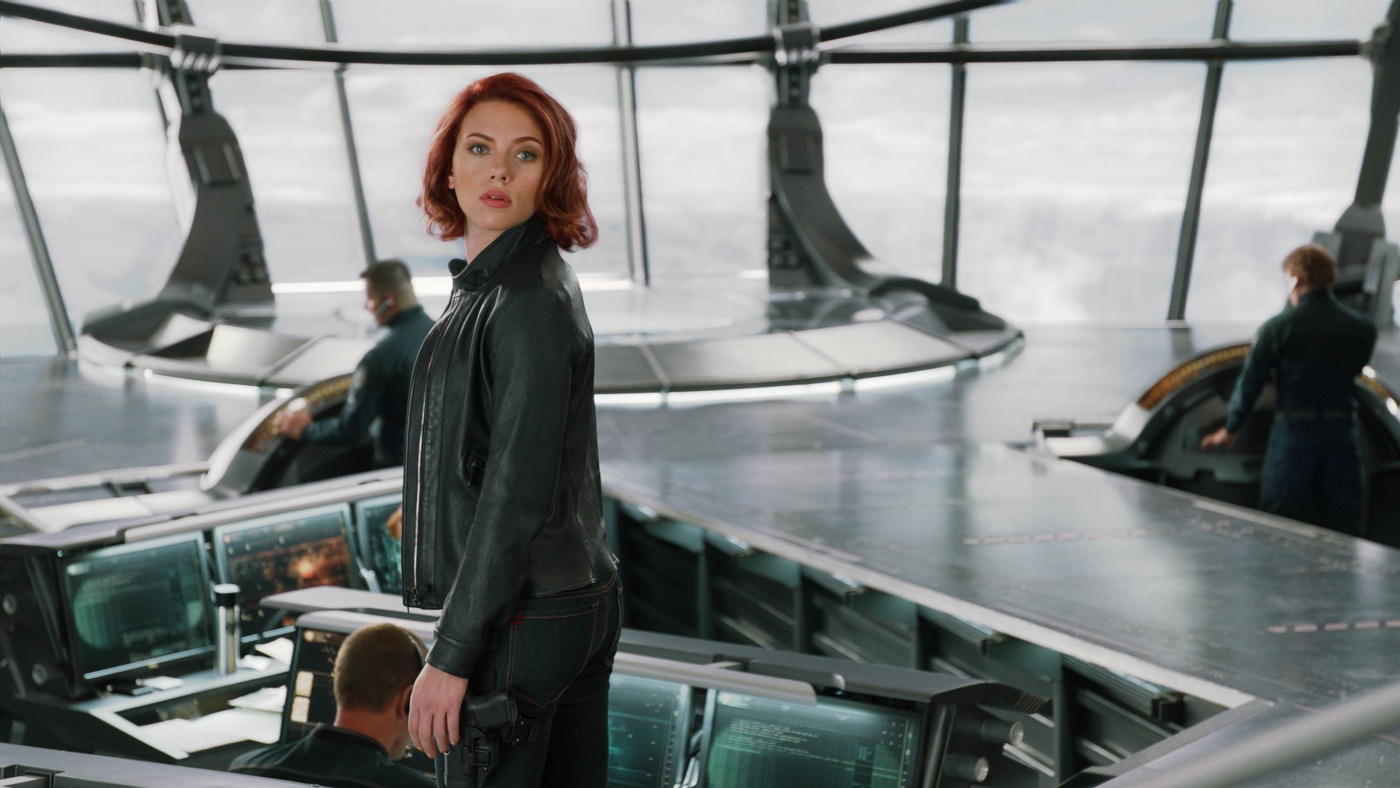‘Black Widow’: effective but average
For years, people cried out for Marvel to make a female-led film. They had the perfect star – Scarlett Johansson as Black Widow – and so much goodwill, it would have been a foolish idea not to. So obviously, Marvel instead opted to make a film no-one wanted, and hold off on a Johansson-led film until the start of Phase Four and the return of the MCU to cinemas after Covid. Is Black Widow worth the wait? Despite boasting really good performances by the leads, it’s just an okay film; it feels like Marvel is running through the motions, doing just what you’d expect with no real flair.
In Ohio in the 1990s, a young Natasha is part of a Russian sleeper cell posing as a regular American family. When their cover is blown, Natasha is forced to flee with her ‘sister’ Yelena, ‘mother’ Melina (Rachel Weisz) and ‘father’ Alexei (David Harbour). In the present day, the grown-up Yelena (Florence Pugh) is exposed to a chemical agent that enables her to break free of her programming – she seeks out Natasha (Johansson), who is in hiding after the events of Civil War, to help find the Red Room and put a stop to the plans of the evil puppet master Dreykov (Ray Winstone).
Marvel have a winning asset in Johansson, and she proves why here
Black Widow was meant to be a side-character in the MCU until audiences really took to her – Marvel have a winning asset in Johansson, and she proves why here. She’s a great lead, holding up the action scenes with aplomb and bringing in some emotional beats too: I was unconvinced that the family moments would work, but Johansson convinced me. The scene-stealer, though, is Pugh as the snarky Yelena – she’s brilliant as ever, and she shares a lot of great scenes with Johansson and Harbour, who she sees both as a pathetic comic figure and her father.
As I watched this film, I was getting The Winter Soldier vibes – it has a Cold War, spy-thriller feel that works surprisingly effectively. The action works well: director Cate Shortland helms fight sequences that feel gritty and almost realistic, strange as that is to say about a superhero film (although it does forget that our main characters are mostly just normal people – there’s no way that they’re surviving as much damage as they sustain). Outside of the quieter emotional moments, the film is largely a series of set pieces – a return to Budapest, a prison break, heading to the Red Room – which are really exciting as self-contained moments.
My issues with Black Widow come in that it feels so distinctly average
My issues with Black Widow come in that it feels so distinctly average; it’s a Marvel movie that feels like it’s just about managing to be one. There are laughs as it channels the MCU style of frequent levity, but it never feels particularly funny. Although I enjoyed the action sequences, they’re somewhat disposable, and they barely hang on to the weak overall story. The finale, in particular, feels like something we’ve seen before quite a lot. We also boast the traditional Marvel problem of a lame villain, and in this case, it’s doubled: Winstone doesn’t really make any impact or appear particularly threatening as Dreykov, and the Taskmaster (an opponent able to mimic the fighting styles of anyone they observe) is criminally underused. The film wants to build to a grand reveal about the Taskmaster’s identity – frankly, it’s one of the least surprising surprises I’ve seen in a while.
Would Black Widow have been a better film if it had come out five years ago, when it is set? I don’t know, but it would certainly have had more of a sense of stakes – it’s hard to worry about Natasha in any of these fights when we know that she survives – and less of a feeling that it’s about introducing her replacement, and pushing the MCU forward (although, based on the Eternals trailer I saw before this film, don’t get your hopes up). Black Widow is a long-awaited leading role and a farewell to Johansson, but it’s only really a serviceable film that is thrilling as you watch it, yet not really good enough to linger in the mind.

Comments